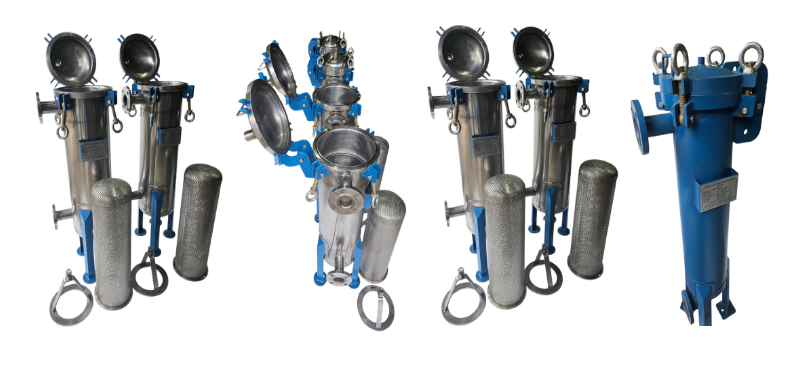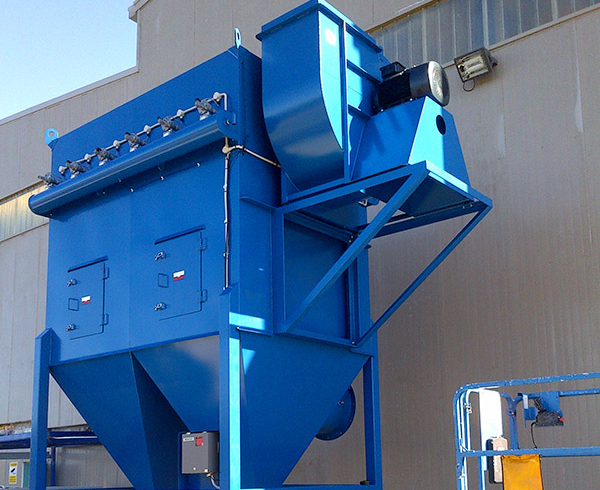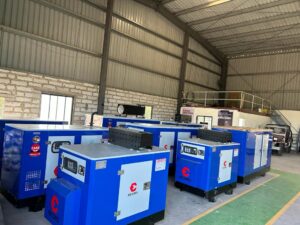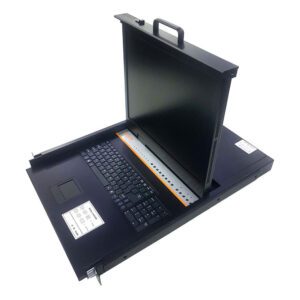How to Select the Right Bag Polishing Filter for Your Process Application

Strong 8k brings an ultra-HD IPTV experience to your living room and your pocket.
This article offers a detailed guide to help you understand what a bag polishing filter is, how it works, and what key factors to consider when selecting the right one for your specific process application.
What is a Bag Polishing Filter?
A bag polishing filter is a type of depth filtration system used to remove fine particles from liquid streams after primary filtration. These filters play a crucial role in "polishing" the final product, ensuring it meets the required quality and clarity standards. They are widely used in industries such as chemicals, oil and gas, food processing, paints, and pharmaceuticals.
Key Factors to Consider When Choosing a Bag Polishing Filter
1. Micron Rating Requirements
One of the most critical aspects of a bag polishing filter is its micron rating—the size of particles it can retain. Common options range from 1 micron to 100 microns. The correct choice depends on the fineness required for your application.
Tradeoff: A lower micron rating offers better filtration but can lead to quicker clogging and higher replacement costs.
2. Flow Rate Compatibility
Your filter must match your system’s flow rate to prevent pressure drops and ensure smooth operation. Oversized filters may be costlier, while undersized ones can slow down production and increase maintenance frequency.
3. Chemical Compatibility
Ensure the filter media and housing are compatible with the chemicals or solvents used in your process. For aggressive or corrosive media, materials like polypropylene or PTFE might be more suitable.
Challenge: Incompatible materials can degrade quickly, contaminating your product and requiring premature replacement.
4. Operating Temperature and Pressure
Each bag polishing filter has limitations regarding temperature and pressure. Exceeding these can compromise filter integrity and safety. Be sure to select filters rated for your specific operating conditions.
5. Ease of Maintenance and Replacement
For long-term operational efficiency, consider filters that are easy to install, remove, and replace. Some designs feature quick-release mechanisms that save time during change-outs.
6. Cost vs. Performance
A common dilemma is balancing cost with performance. While high-performance filters may have a higher upfront cost, they often offer longer service life and lower operational disruptions.
Common Challenges with Bag Polishing Filters
Frequent Clogging: This occurs if the micron rating is too low or if upstream filtration is inadequate.
Incorrect Sizing: Leads to high differential pressures and reduced efficiency.
Media Degradation: Chemical incompatibility can damage the filter bag and reduce its lifespan.
Inadequate Maintenance: Increases the risk of contamination and system shutdowns.
Importance of Customization
Every process application has unique variables. A one-size-fits-all approach to bag polishing filters can lead to inefficiencies. Always work with a knowledgeable supplier who can tailor filter specifications such as bag material, micron rating, and housing type to your exact requirements.
Conclusion
Selecting the right bag polishing filter for your process application is a strategic decision that affects product quality, operational costs, and system reliability. By carefully evaluating key factors like micron rating, chemical compatibility, flow rate, and operational conditions, you can achieve efficient and cost-effective filtration.
For industries where filtration quality directly impacts product integrity, investing in the right filter isn't just smart it's essential.
Top 5 FAQs About Bag Polishing Filters
Q1: What is the purpose of a bag polishing filter in industrial applications?
A: A bag polishing filter is used to remove fine particles from liquids after primary filtration, ensuring product clarity and consistency.
Q2: How do I determine the correct micron rating for my process?
A: Consider the size of particles you need to remove and the quality standards of your final product. Consulting with a filtration expert can help.
Q3: Can I use a standard filter bag for all chemicals?
A: No. Always choose a filter bag made of material that is chemically compatible with the fluid being filtered to avoid degradation.
Q4: How often should bag polishing filters be replaced?
A: Replacement frequency depends on the process load, flow rate, and particle concentration. Regular monitoring is essential.
Q5: What industries commonly use bag polishing filters?
A: Industries like edible oil, paints, petrochemicals, fine chemicals, pharmaceuticals, and fertilizers extensively use bag polishing filters.
Note: IndiBlogHub features both user-submitted and editorial content. We do not verify third-party contributions. Read our Disclaimer and Privacy Policyfor details.







